• Study in Canada
1 Year programs in Canada for International Students
15298 Reads
3 min Read
Canada is a popular study destination among international students offering a range of 1-year programs based on a specific skill. Read the blog to know everything about one-year programs offered in Canada, including the documents required to apply for one.
Canada is one of the most preferred study destinations among Indian students wishing to pursue 1-year programs in the country. Numerous students plan to study in Canada after 12th and after graduation or post-graduation. One of the most arduous tasks before them is to choose the right program that can save them time and money and make them achieve their career goals. The top colleges and universities in Canada offer thousands of different courses, and out of these, 1-year courses in Canada for international students are plenty.
This blog offers detailed information on 1-year courses in Canada, including admission requirements for these courses and reasons why international students should pursue short courses in Canada.
1 Year programs in Canada
1-year courses in Canada are designed to provide industry-oriented education and are perfect for students who want to save time and money and gain certification from top universities. These short courses for International students in Canada range from conventional master's degrees to particular skill-specific courses. The average duration of these courses is 6 months to 16 months. Students can pursue these 1-year courses in Canada in different fields like Management, Accounting, Customer Service, Disaster and Emergency Management, Human Resources, etc.
Popular 1-year Programs Offered by Top Canadian Universities
The table below presents some of the popular 1-year programs offered in Canadian universities.
| University Names | Courses Offered |
| Lakehead University - Thunder Bay Campus | •Master of Science in Computer Science (Course Based) •Master of Business Administration |
| University of Waterloo | •Master of Business, Entrepreneurship and Technology |
| University of Saskatchewan | •Master of Business Administration (Course-Based) |
| University of Windsor | •Master of Engineering in Mechanical Engineering (Co-op Optional) •Master of Engineering in Industrial Engineering (Co-op Optional) •Master of Engineering in Environmental Engineering (Co-op Optional) •Master of Engineering in Engineering Materials (Co-op Optional) •Master of Engineering in Civil Engineering •Master of Business Administration - Professional Accounting Specialization •Master of Business Administration - Managers and Professionals |
| Brock University | • Master of Business Administration (Co-op Optional) • Master of Education - Course-based Pathway (CBP) |
| Trent University - Peterborough Campus | • Master of Science in Forensic Science • Master of Bioenvironmental Monitoring and Assessment |
| University of Prince Edward Island | • Master of Business Administration in Global Leadership (One Year) |
| University of Manitoba - Fort Garry Campus | • Master of Business Administration • Master of Finance |
| University of New Brunswick - Saint John Campus | • Master of Business Administration, Concentration in Business Development and Professional Sales • Master of Business Administration, Concentration in Entrepreneurship and Technology Management • Master of Business Administration in General Management • Master of Business Administration, Concentration in International Business • Master of Business Administration in Project Management |
| Memorial University of Newfoundland - St Johns Campus | • Master of Applied Science in Oil and Gas Engineering • Master of Applied Science in Energy Systems Engineering • Master of Applied Science in Safety and Risk Engineering • Master of Applied Science in Environmental Systems Engineering and Management |
| Dalhousie University | • Master of Arts in Economics (Without Thesis) • Master of Development Economics (Without Thesis) |
| New York Institute of Technology - Vancouver | • Master of Science in Cybersecurity |
| Trinity Western University - Langley Campus | • Executive Master of Business Administration |
| Nipissing University | • Master of Arts in History |
| Crandall University | • Master of Organizational Management |
| University of Ottawa | • Master of Arts in Contemporary Art Theory (Course-Based) • Master of Arts in Music - Musicians Wellness profile (Course-Based) • Master of Arts in Bilingualism Studies (Course-Based) • Master of Education, Concentration in Societies, Cultures and Languages (Course-Based) • Master of Education, Concentrations in Health Professions Education (Course-Based) • Master of Arts in International Development and Globalization (Course-Based) • Master of Music - Concentration in Composition - Intensive (Course-Based) • Master of Business Administration (Intensive) - (Course-Based) • Master of Conference Interpreting - (Course-Based) • Master of Human Kinetics with Concentration in Sport Management (Course-Based) • Master of Arts in Philosophy (Course-Based) • Master of Science in Physics (Course-Based) • Master of Arts in Music - Music and Cognition profile (Course-Based) • Master of Arts English Literature • Master of Music - Concentration in Performance - Intensive (Course-Based) |
Admission Requirements for One-year programs in Canada
Admission requirements for one-year courses in Canada are similar to applying for a bachelor's or master's course. The requirements for each course and university are different, which a student can check on the website.
Here are some of the basic requirements that every international student needs to fulfil in order to apply for one-year diploma courses in Canada:
- To get admission into a post-graduate diploma or certificate course, students must submit the transcripts of their bachelor's degree to the institution. For post-secondary diploma, they must submit transcripts of the last four years of high school scores. Students are required to get their transcripts converted into English if these are in some other language.
- Students from non-English speaking nations must prove their English proficiency by taking tests like IELTS, TOEFL, PTE or CAEL. If a student plans to study in an institution in Canada where French is the language of communication, they must prove their French proficiency by giving tests like DELF, DALF, TEF and others.
Documents required for admission:
• A valid passport
• Travel documents
• Acceptance letter from the institution
• Statement of Purpose (SOP)
• Letter of Recommendation (LOR)
• Medical documents and Health Insurance
• Financial Certification
• A minimum Grade Point Average (GPA)
• Passport size photographs
1-Year Vs 2-Year Master’s in Canada
The table below gives a brief overview of 1-year program in comparison to 2-year program.
| 1-Year Master’s Program | 2-Year Master’s Program |
| Pros: •Shorter course length •Less expensive •A quicker way to obtain certain skills •More intensive and research-based Cons: •Limited internship options | Pros: • Students get to explore other subjects in addition to the core course. • Internship options • Helpful for students considering a PhD Cons • More time consuming |
| • Focuses only on the main subject | • More Expensive |
Reasons to Study 1-Year Courses in Canada
These 1-year courses in Canada are job-oriented and focus on a particular specialization. Here are some reasons why students should study 1-year courses in Canada:
- These diploma courses are around one year, and only some engineering courses take a longer period. These programs help students get a recognized degree while saving time and energy.
- One of the major factors that influence the decision of students when choosing a program is how affordable it is. The short courses in Canada are highly affordable.
- These courses are highly valued by some potential employers. Thus, pursuing short courses in Canada can boost an international student’s chances of getting the desired job.
- Once a student completes the short course in Canada, there is a brighter chance of them getting easy access to Canadian work opportunities.
Conclusion:
Short courses of 1 year are undoubtedly a great option for students who wish to level up their skills and enhance knowledge on a particular subject. Are you planning to pursue 1-year master’s program in Canada but unsure of the right way to begin the admission process? Visit the official website of Canam to seek study abroad guidance from the experts.
FAQ
Studying a one-year master’s program in Canada is a cost-effective option as the tuition fee for one year program is less in comparison to other study options. It is worth pursuing in Canada as one-year master’s programs are research-based, offering industry placements, internships, and co-op placements while providing hands-on experience.
One-year master's programs are available in a variety of subjects in Canada, including fields like IT, finance, marketing, and law. Some of the popular one-year programs are Master of Arts, Master of Fine Arts Master of Science, Master of Engineering, Master of Business Administration, etc.
Canada offers a wide range of master’s degree options to international students. Some of the most popular courses for masters are MBA, Management, International Relations, Nursing, Psychology, Data Science, Engineering, Agriculture and Environmental Sciences.
The duration of a master’s program is generally two years. However, based on specializations, few degrees are one year long as well.
It is possible to get work in Canada after graduation or any other diploma which has a duration beyond 8 months.
Get great articles direct to your inbox
The latest news, articles, and resources, sent straight to your inbox every month.
Popular Universities to Study Abroad
World class education waiting for you.
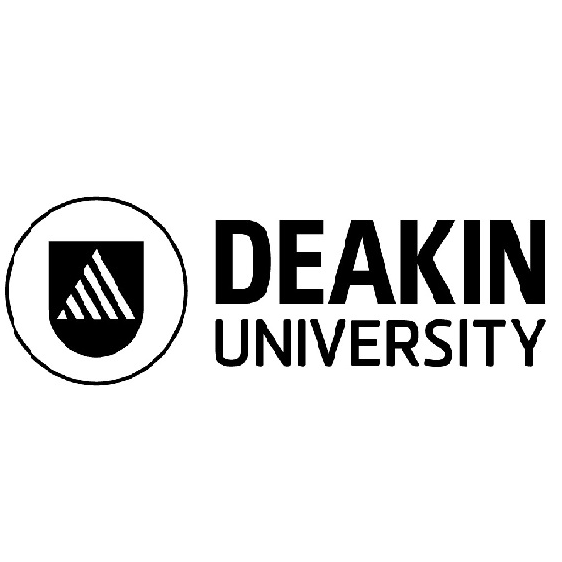
Deakin University - Geelong Waterfront Campus
Victoria, Australia • 31 Programmes
Tuition Fee : AUD 33000-43000 / year
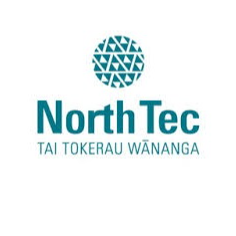
NorthTec - Auckland Campus
Auckland, New Zealand • 4 Programmes
Tuition Fee : NZD 11200-22700 / year
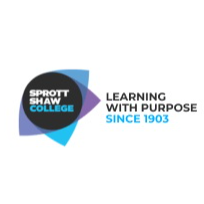
Sprott Shaw College - Kamloops College Campus
British Columbia, Canada • 17 Programmes
Tuition Fee : CAD 10000-38000 / year
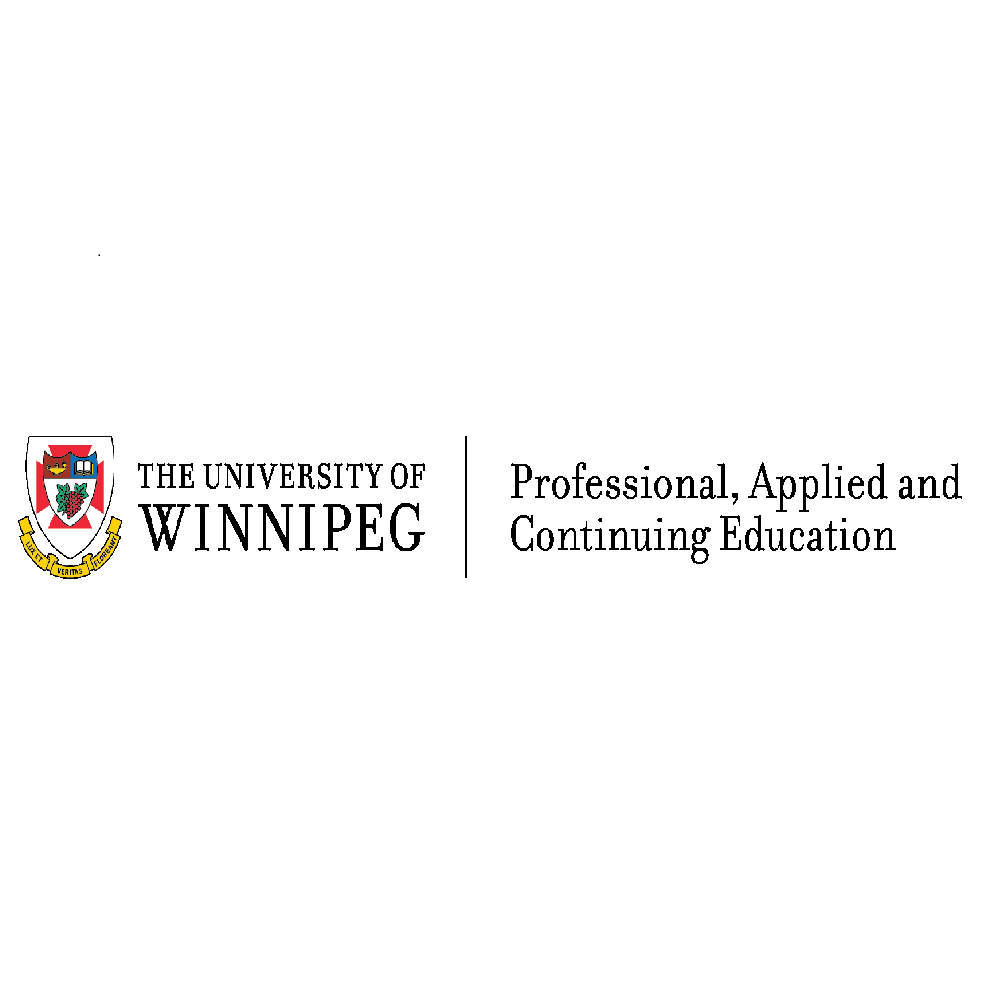
The University Of Winnipeg - Professional, Applied And Continuing Education (PACE)
Manitoba, Canada • 9 Programmes
Tuition Fee : CAD 14000-18000 / year
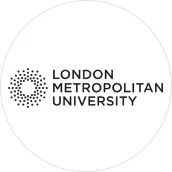
London Metropolitan University - Holloway Campus
England, UK • 206 Programmes
Tuition Fee : GBP 13000-17500 / year
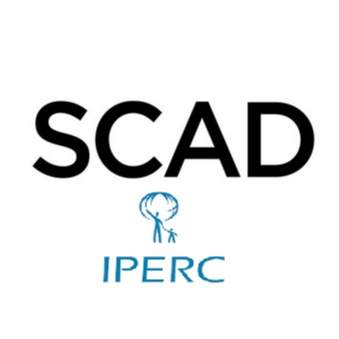
IPERC - Savannah College of Art and Design
Georgia, USA • 35 Programmes
Tuition Fee : USD 42000-42500 / year
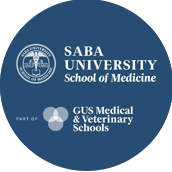
Global University Systems (GUS) - Saba University School of Medicine
Vermont, USA • 1 Programmes
Tuition Fee : USD 0-0 / year

Popular English Language Proficiency Exams
Blogs and Articles
Curated content to keep you updated on the latest education trends, news and more.
Updated on • Jul 17,2025 05:33 PM IST • USA
PTE Accepted Universities in Australia
Updated on • Jul 17,2025 05:09 PM IST • PTE
Part-Time Jobs for International Students in Australia
Updated on • Jul 17,2025 03:44 PM IST • Australia
Updated on • Jul 12,2025 04:02 PM IST • USA
Updated on • Jul 11,2025 11:32 AM IST • Education
CPT vs OPT: Meaning, Difference, and How to Apply
Updated on • Jul 11,2025 10:40 AM IST • USA
Masters in Computer Science in UK: Top Colleges, Eligibility, Scholarships
Updated on • Jul 10,2025 11:29 AM IST • study in the UK
Highest Paying Jobs in the World
Updated on • Jul 08,2025 01:40 PM IST • Study Abroad
MBA in Australia for Indian Students: Best Universities, Requirements, Scholarship, Courses, Jobs
Updated on • Jul 08,2025 01:35 PM IST • Australia
Canada vs Australia: Which Country is Better for Indian Students in 2025?
Updated on • Jul 07,2025 12:46 PM IST • Education
France vs Germany: Which Is Better for International Students?
Updated on • Jun 30,2025 05:15 PM IST • Education
Top 10 Agricultural Universities in USA
Updated on • Jun 27,2025 05:25 PM IST • USA
Most In-Demand Future Careers in 2025
Updated on • Jun 26,2025 04:41 PM IST • Education
How Much Do Nurses Make in the U.S.?
Updated on • Jun 23,2025 03:59 PM IST • USA
Updated on • Jun 21,2025 02:00 PM IST • USA
MBA in UK: Universities, Eligibility, Types, and Career Opportunities
Updated on • Jun 19,2025 04:09 PM IST • UK • study in the UK
Scholarships in France for Indian Students
Updated on • May 29,2025 05:22 PM IST • France
Intakes in Dubai for Indian Students
Updated on • May 27,2025 03:34 PM IST • Study in Dubai
France Student Visa 2025 – Requirements, Fees, Checklist & Application Process
Updated on • May 23,2025 03:36 PM IST • France
MBA in France for Indian Students in 2025
Updated on • May 22,2025 05:35 PM IST • France
Related Blogs and Articles
A little effort to provide an authentic and reliable content for keen readers!!
Updated on • 22-05-2025 • Study in Canada
Job Opportunities in Canada for Indians: Salaries, Best Job Sites & More
Updated on • 20-05-2025 • Study in Canada
Updated on • 24-01-2025 • Study in Canada
Canada Student Visa Interview Questions
Updated on • 23-01-2025 • Study in Canada
Updated on • 15-01-2025 • Study in Canada
September/Fall Intake Canada 2025: Timeline, Universities & Admission Requirements
Updated on • 03-01-2025 • Study in Canada
Updated on • 02-01-2025 • Study in Canada
Life in Canada as an Indian Student
Updated on • 26-12-2024 • Study in Canada
Timeline for Winter (January) Intake in Canada 2025
Updated on • 21-12-2024 • Study in Canada
Updated on • 05-12-2024 • Study in Canada
Best Cities to Study in Canada
Updated on • 21-11-2024 • Study in Canada
Bachelor of Architecture in Canada
Updated on • 13-11-2024 • Study in Canada
Canada Study Visa - Fee, Requirements, How to Apply & More
Updated on • 05-10-2024 • Study in Canada
Study intakes in Canada - Fall, Winter & Summer
Updated on • 03-10-2024 • Study in Canada
Letter of Recommendation (LOR) for Canada: University Requirements, Sample and Writing Tips
Updated on • 26-09-2024 • Study in Canada
New Rules & Regulations in Canada for International Students
Updated on • 31-08-2024 • Study in Canada
Public Transportation in Canada for International students
Updated on • 29-08-2024 • Study in Canada
Healthcare in Canada for international students
Updated on • 27-08-2024 • Study in Canada
Courses in Canada for International Students
Updated on • 10-08-2024 • Study in Canada
Top PG diploma Colleges in Canada - Courses, Eligibility & More
Updated on • 06-08-2024 • Study in Canada












